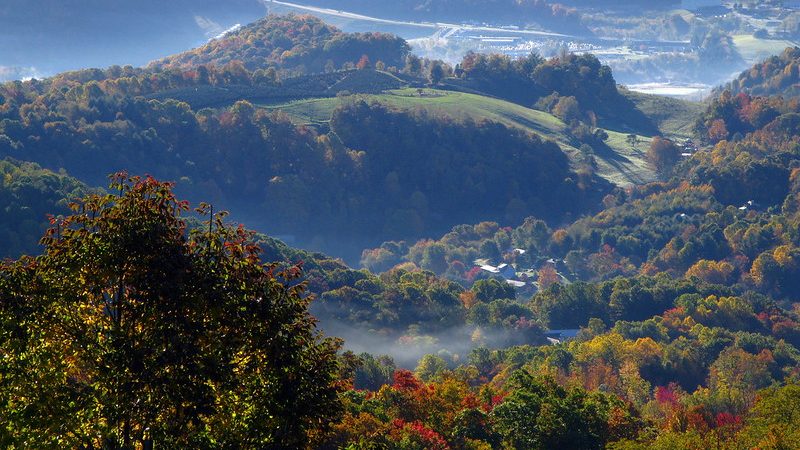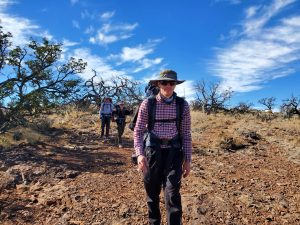July 21, 10am ET: SE CASC Science Seminar on Climate Change & Eastern Wild Turkey Reproduction

The Southeast Climate Adaptation Science Center is teaming up with our partners at the Southeast Conservation Adaptation Strategy to co-sponsor this Science Seminar as part of the Third Thursday Web Forum.

Brooding Over Climate Change: Implications for Eastern Wild Turkey Reproduction
Dr. Wesley Boone, Department of Forestry and Environmental Resources at North Carolina State University
Thursday, July 21 | 10AM ET
View a recording of this presentation.
Webinar Overview:
Climate change is influencing the temporal availability of resources required for the successful reproduction and survival of many wildlife species. Additionally, climate change induced extreme weather events have resulted in direct mortality of wildlife. However, implications of climate change for the economically and culturally important eastern wild turkey (Meleagris gallopavo silvestris) are unknown. The recent decline of wild turkey populations in many portions of the eastern U.S. further highlights the need to understand this relationship. Therefore, researchers first sought to determine if variability of eastern wild turkey nest initiation date was associated with changes in spring green-up, a proxy for food availability, or abiotic factors influenced by climate change (mean maximum temperature, mean minimum temperature, and total rainfall separately for January, February, and March). Second, they assessed if changes in weather were associated with decreased or increased nest survival. Using long-term data spanning the southeastern U.S., researchers performed the most thorough and broadly generalizable investigation of associations between weather and eastern wild turkey nest timing and survival yet conducted.
More about the Speaker:

Wes is a Postdoctoral Research Associate in the Department of Forestry and Environmental Resources at North Carolina State University, and is funded by the Southeast Climate Adaptation Science Center. As a disturbance ecologist, his goal is to provide insights that better enable the conservation and management of natural resources while accounting and caring for stakeholder interests. Wes strives to reach this goal by conducting applied research with an interdisciplinary approach.
- Categories:
